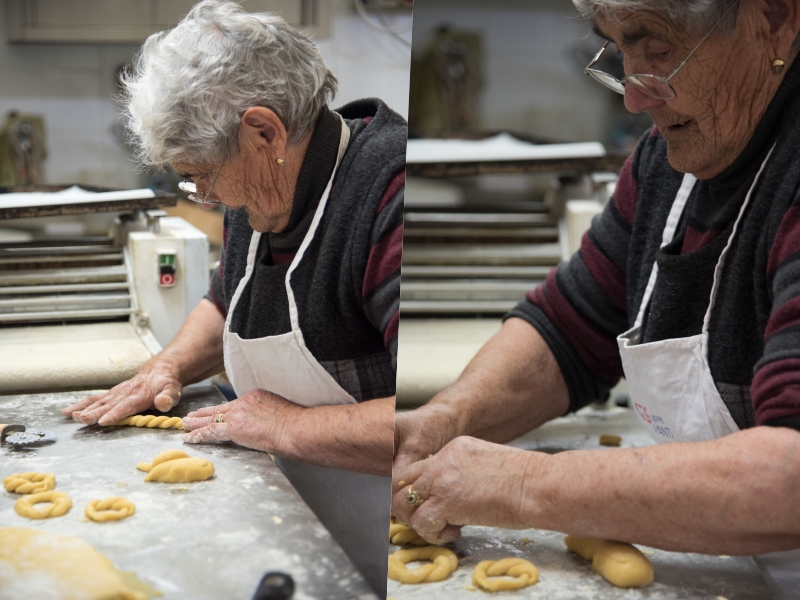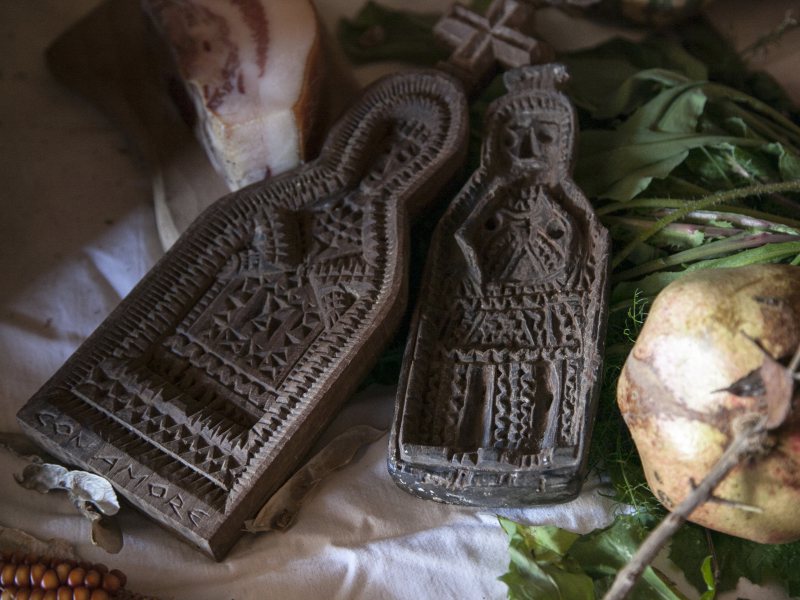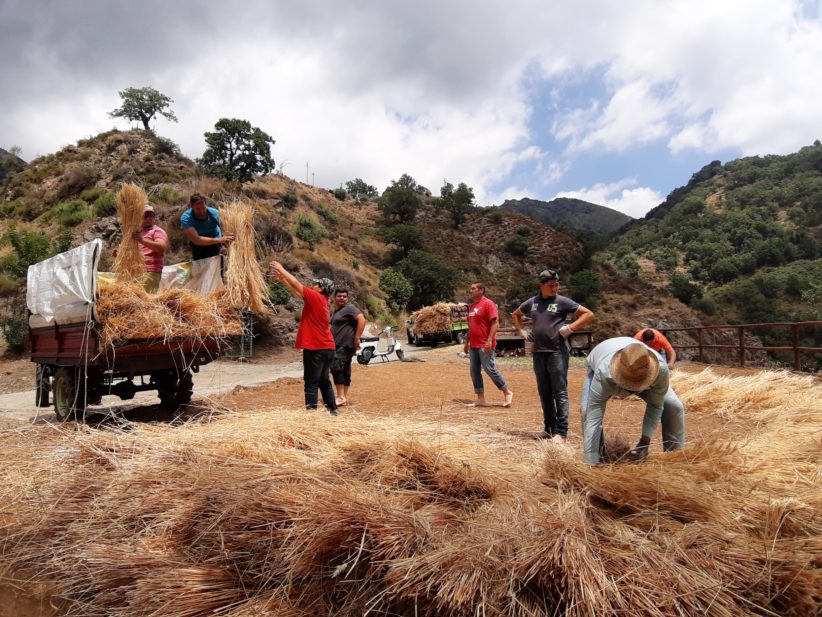Calabria, one of Italy’s southernmost regions, is a crossroads of cultures and traditions rooted in a millennia-old past. Prominent among its specificities is the presence of the Grecanic ethnic groups, communities that speak Greek and have preserved a unique culture and language over the centuries. These populations are the result of ancient Greek colonizations dating back to the Magna Graecia period, when Calabria was an important center of culture and trade.



1. The Origins of the Grecanic Ethnic Groups.
The roots of the Grecanic ethnic groups in Calabria go back more than two thousand years, when the Calabrian coast was colonized by the Greeks. Between the eighth and seventh centuries B.C., many Greek city-states settled along the Ionian and Tyrrhenian coasts, creating “Magna Graecia,” a territory that included Calabria, Sicily, Campania and other regions of southern Italy. In these lands, Greek culture flourished and profoundly influenced local language, religion, politics and traditions.
Over the centuries, the Greek populations that settled in Calabria have been influenced by numerous historical events: the Roman conquest, the barbarian invasions, the arrival of the Byzantines, and, more recently, Norman and Spanish rule. However, despite these many dominations, Greek has continued to be spoken in some areas of Calabria, especially in the mountainous and isolated areas, as a living and vital language.
2. The Greek of Calabria: An Ancient Language
The language spoken by the Grecanic ethnic groups of Calabria is a variant of ancient Greek, known as “Calabrian Greek” or “Greek of Calabria.” This language, although influenced by the Italian dialect and the languages of successive peoples in the region, has retained many archaic features that make it a linguistic treasure of rare beauty. Calabrian Greek is still spoken by some communities, especially in the towns of Aspromonte in the province of Reggio Calabria, such as Bova, Roghudi and San Luca.
Despite the fact that the Grecian language is in decline, with a shrinking number of speakers, many scholars, activists and enthusiasts of Greek culture are working to preserve it, through courses, outreach activities and language documentation projects.
3. Grecanic Communities in Calabria.
Calabrian Grecan communities are found mainly in some mountainous and rural areas of the region. Aspromonte, a vast mountainous area stretching between the provinces of Reggio Calabria and Catanzaro, is the heart of the “Greece of Calabria,” where Greek has been spoken for centuries. The Grecanica tradition is alive especially in small towns, such as Bova, a picturesque village that is considered one of the main centers of Grecanica culture in Calabria, and its neighbor Bova Marina, where Calabrian Greek can still be heard.
Another significant example is Roghudi, a small town that for many years was almost inaccessible because of its inaccessible location. Here the Greek language has resisted assimilation, although, in recent decades, emigration and the abandonment of small towns have reduced the number of speakers.
The religious traditions, folk festivals and daily customs of these communities are strongly influenced by Greek culture. Easter, for example, is celebrated with special rites that mix Christian and pagan elements, similar to those of the Greek Orthodox churches.
4. Culture and Traditions
In addition to language, the Greek ethnic groups in Calabria have maintained a rich cultural tradition, which is reflected in their architecture, music, gastronomy and festivals. The stone houses, narrow alleys and squares of these small villages tell the story of a civilization that has endured over time. Traditional Greek music is another staple of Calabrian Grecan culture, with instruments such as the “lira” and “tambourine” accompanying folk dances during festivals.
The cuisine of the Greek ethnic groups is characterized by typical dishes that mix Mediterranean flavors and Eastern influences. “pane cunzatu,” seasoned with olive oil, tomato, and oregano, and “suso” (a type of cheese), are just some of the delicacies that can be enjoyed in these places.
5. The Preservation of the Grecanic Heritage
Today, the Calabrian Greek community is in danger of extinction. The Calabrian Greek language is spoken by fewer and fewer people, and young people are emigrating in search of jobs and opportunities in larger cities. However, there are significant efforts to preserve this cultural heritage. Linguists and scholars are trying to document the Greek of Calabria, while some local schools and universities are offering courses to teach the language to younger generations.
In addition, the European Union has recognized Calabrian Greek as one of the minority languages to be protected, and some cultural initiatives seek to revive the tradition through festivals, language courses and the promotion of conscious tourism.
The Grecanic ethnic groups in Calabria represent one of the most fascinating vestiges of Mediterranean history and culture. The language and traditions of these communities, which have their roots in Magna Graecia, are a valuable heritage to be preserved for future generations. Although the Calabrian Greek language is endangered today, awareness of the importance of this cultural treasure is growing, and the hope is that, through enhancement and protection, the Grecanic ethnic groups can continue to live on in the heart of Calabria. > Discover the journey
